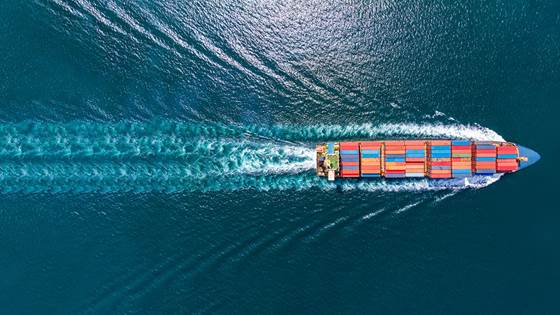
FME MarTrans - Norwegian R&D centre for Maritime Energy Transition
Accelerate the maritime energy transition and reduce emissions from ships through R&D for innovation and value creation within the Norwegian maritime and energy industries.

Accelerate the maritime energy transition and reduce emissions from ships through R&D for innovation and value creation within the Norwegian maritime and energy industries.
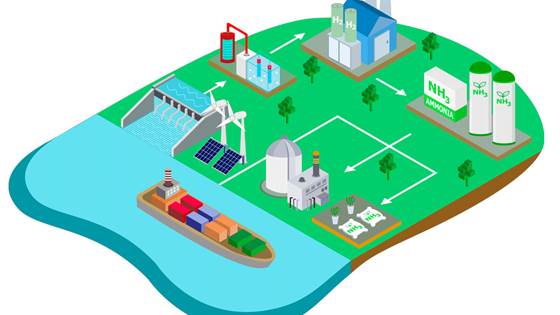
The project explores how renewable energy can be integrated into the production of green ammonia for the Baltic-Nordic region, and will demonstrate electrochemical ammonia production.

FUEL-UP aims to accelerate the deployment of advanced biofuels made from fast pyrolysis by de-risking and upscaling all the steps until fuel use. Allowing new routes to biofuels entering the market, which will mean an at least 80% emissions reduction...
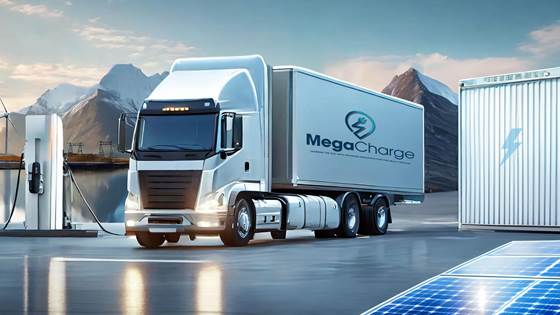
Megawatt charging infrastructure for electric heavy-duty transport
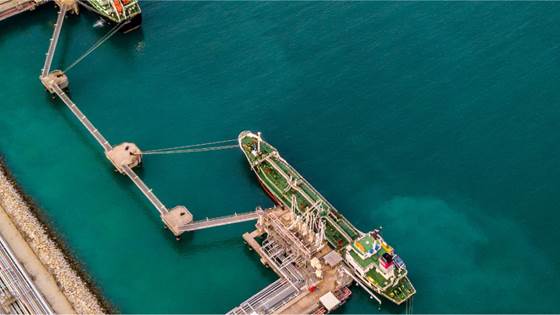
Ammonia (NH3) has intrinsic risks due to toxicity and flammability.
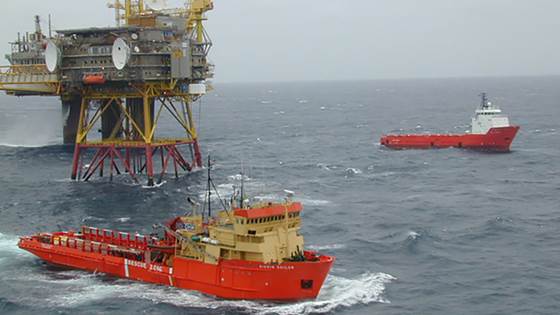
Operators on the NCS are in need for a common understanding and way forward towards future sustainable offshore logistics. Offshore support fleet is large, highly-specialised, but young, which will require slow but steady transition towards zero...

In the next 20 years, regional market growth and a greater demand for lower emissions will push regional aviation towards innovative solutions to decarbonise the sector.
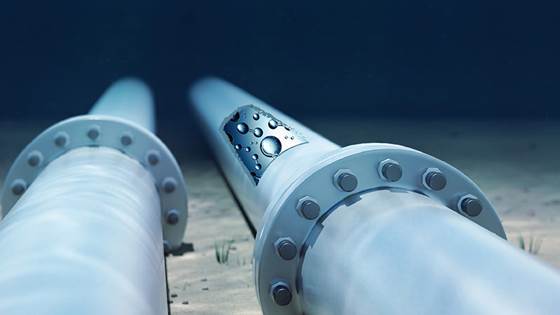
The main objective of the HyLINE II project is to enable safe pipeline transport of hydrogen gas by building a knowledge base covering the hydrogen effect on pipeline steel welds and its influence on the overall integrity of the pipeline.

Refinery integration, scale-up and certification for aviation and marine biofuels production.
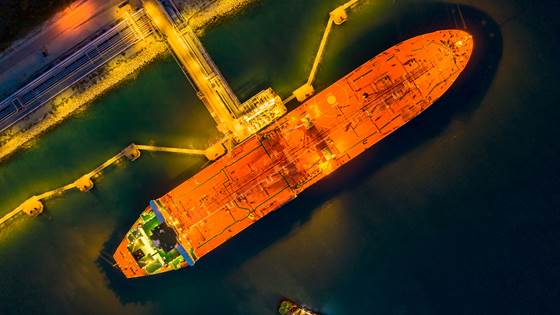
Accelerating the development of innovative energy storage systems to complement the use of batteries on vessels in order to achieve zero emissions.
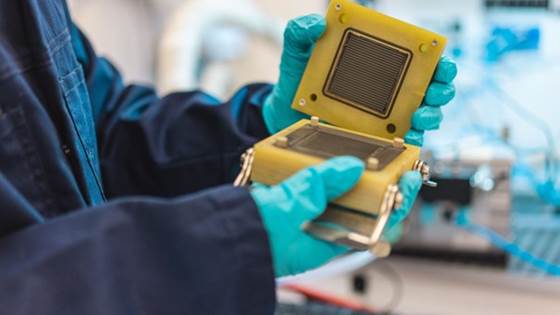
The COFFEE project aims to develop durable, high performance Anion Exchange Membranes (AEMs) for low-cost electrolysers and batteries.
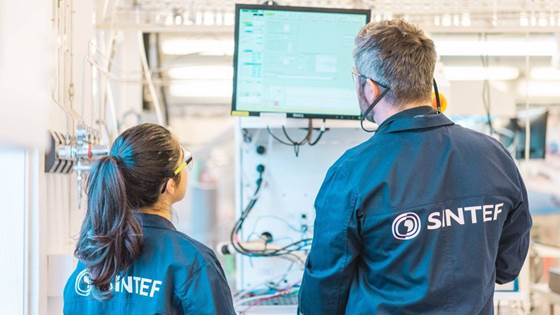
The LOCOMOTION project will develop new low-cost and durable components for PEM fuel cells to reach ambitious targets set out for maritime applications.

In the years to come, the aviation sector will have to solve many challenges related to carbon footprint. Airports, knowledge institutions, and industry partners across Europe are now joining forces in the TULIPS project, led by Amsterdam Airport...
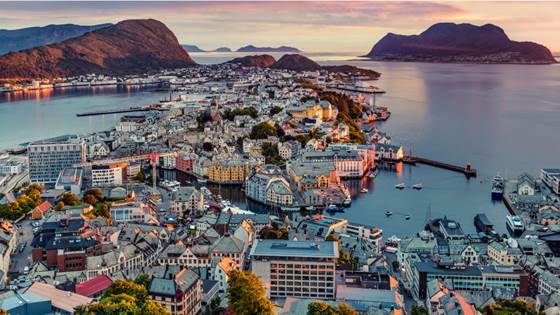
This knowledge-building project for industry developed sustainable solutions for ports as energy hubs, contributing to Norway's transition to a zero-emission society.
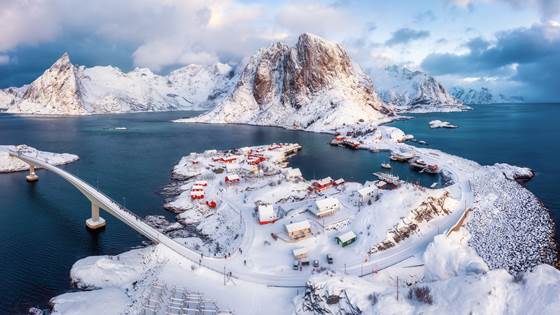
With ZeroKyst, we will strengthen Norwegian value creation and export through green growth. The project will demonstrate that both new and existing vessels in the seafood industry can be emission free and contribute to decreasing emissions from...
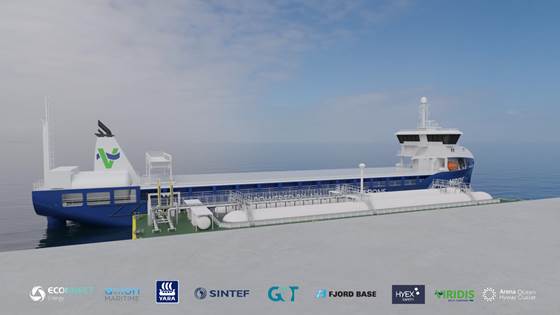
The ambition is to develop a network of terminals facilitating use of green ammonia as fuel in ships. A transition to ammonia worldwide has the potential to reduce emissions from the shipping industry by one billion tonnes of CO2 per year. The first...
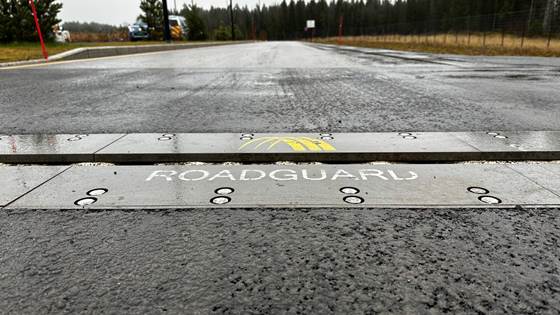
The project deals with developing an optical system for detecting worn out tires on driving vehicles.
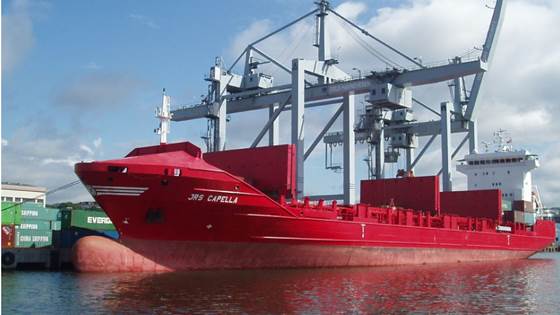
As an efficient transport method, maritime shipping has been the backbone of the world economy, accounting for over 75 % of the global trade by volume. Consequently, international shipping is responsible for 2 % of global greenhouse gas emissions. To...